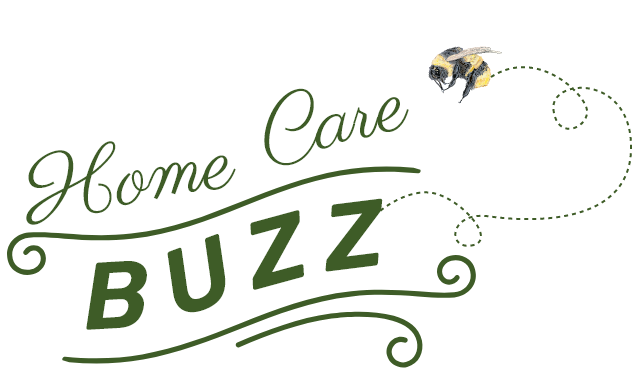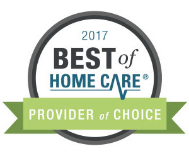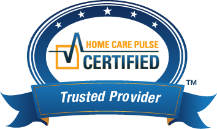Getting Your Affairs in Order

The phrase “get your affairs in order” probably makes you think of death, but that’s actually not when or why most people do it.
Death is a common motivator, and people often become motivated to organize everything when they lose a friend or family member, but most people think about organizing their affairs when crossing big milestones in their lives. Moments such as getting married or divorced, having children, taking a big vacation, or moving to a different state.
This article is written to help you get your affairs in order — that way if an emergency arises or if you pass away, you don’t leave a mess behind for your family and loved ones.
If getting organized seems like a daunting task, imagine what it will be like for your family if you don’t! It’s worth taking the time to spare your family the legal headaches, give them space for their grief, and simplify their lives.
It is a good idea to put together a binder or make a file to store all of the important documents.
At The Very Least List
- Copies back and front of all your credit cards and membership cards as well as everything else in your wallet
- Medications you are taking and names of your doctors
- Insurances you might have including medical, life, annuities and long term care insurance
- Letter/note to loved one
- Person to contact first in case of accident of death
- Relatives to contact, their relation and contact information
- All your current advisors and contact information-attorney, CPA, Banker, Financial advisor, Insurance agent
- Will and Trust information, location of original, location of copies, type of will, attorney who drafted/contact information
- Durable Power of Attorney and Health care Directive: location of original and copies: date, draw and attorney who drafted/contact information
- Other people to contact, their relation and contact information: Friends, neighbors, cleaning lady, gardeners, computer people, doctors, vets, people who show up at your house on a regular basis or who expect you to show up for a regular appointment
- Your full name, maiden name, date of birth, social security number, driver’s license, mother’s maiden name, address and phone, date of death, if applicable
- Spouse or partners full name, date of birth, social security number, driver’s license, their mother’s maiden name, address, and phone, date of death if applicable
- Name of all children, marital status, spouses’ names, and contact information
- Business name and address
- Safe Deposit Box number, location, key location, people who have access to it and how to contact them
- Listing of all your retirement and investment accounts
- Other Insurance: Health, Auto, Homeowners, company/policy number/benefits
- Listing of all T bills, Bonds, CD’s, name and contact person
- Checking and Savings Accounts, names of Institutions, location of accounts, how titled
- Real Estate Holdings, Mortgagor, location of deeds
- Promissory Note and Trust Deeds, payor, how title held, location of documents
- Location of tax returns
- Patents and Copyrights
- Other important assets: Jewelry, artwork, vehicles, location of each item and location of most recent appraisals.
- Military Data, service branch, dates of service, rank, description of benefits.
- Liabilities: payee; description; location of documents
- Record of Gifts; donor of doners name; date of gift; description and value.
- Business Data; name of business, location, description of business, form of organization

























